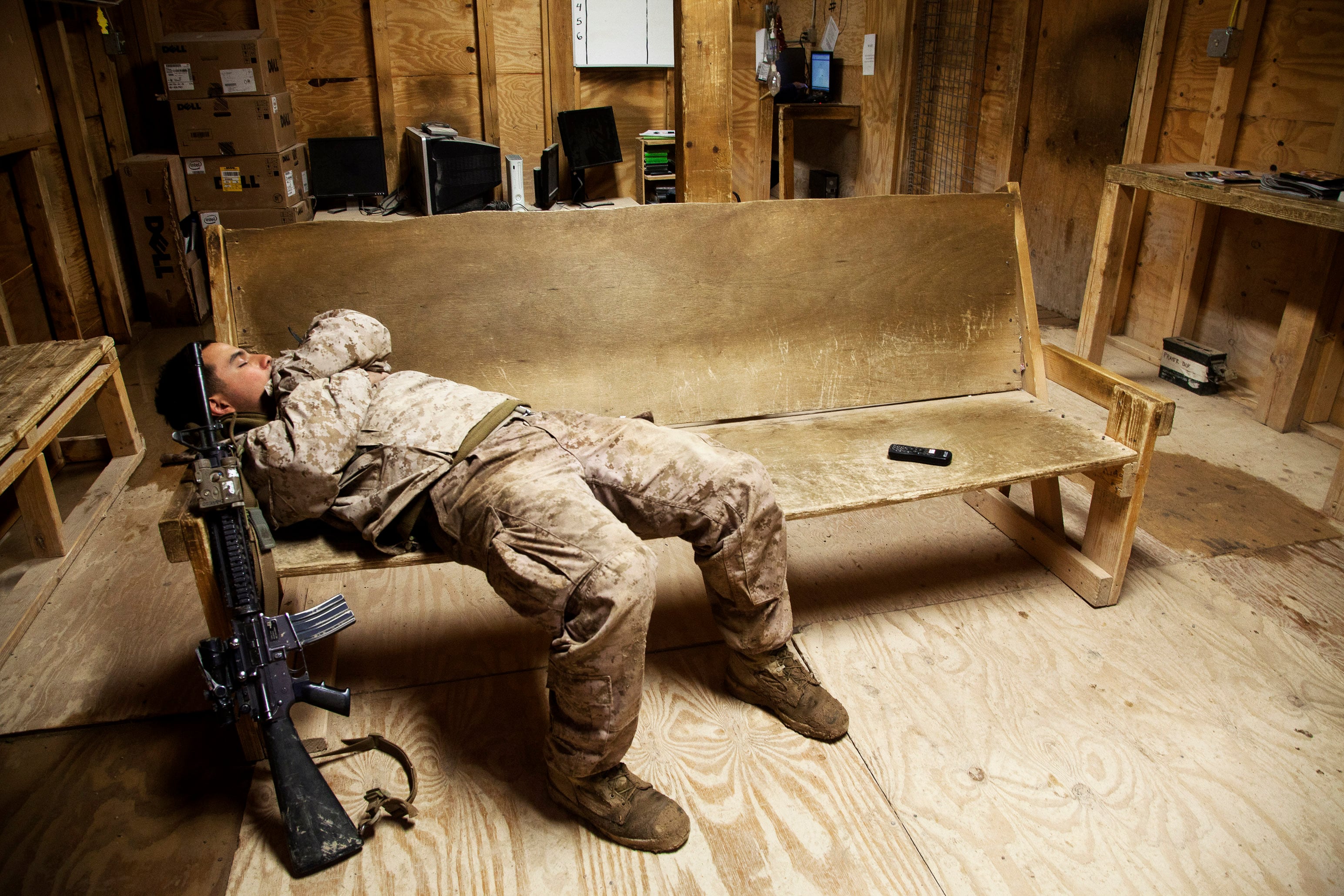On Thanksgiving, military families and other Americans think about U.S. service members who are deployed or stationed far from home who are sharing their meal with others — maybe in a mess hall, in a ship’s mess, or even less friendly environments. But with the month of November’s designation as Military Family Appreciation Month, let’s not forget about those families who are missing those service members.
As they gather around their tables, their loved one’s absence is felt and often accompanied by worry for their safety and questions about whether they are feeling lonely, scared or just homesick. And let’s also think about those families who may have their service member at home but are also providing vital emotional support.
As a military spouse and as the wife of a Medal of Honor recipient, I have gained a great appreciation for the many ways that families help to support service members and the sacrifices they make. It’s not just keeping the home fires burning, long deployments, frequent moves, early mornings and last-minute schedule changes that can make it hard to feel in control of your life. It’s also being there to provide mental and emotional support, and to sense when that support is needed even when your loved one is silent.
I have had the opportunity to see the service of my husband, Sgt. Maj. Matt Williams, highlighted and applauded in ceremonies and forums around the country. It is humbling to see the respect and reverence Americans have for not only the Medal of Honor, but for our military members. But like his fellow Medal of Honor recipients and their families, I have come to understand that there is a deep sense of obligation that comes from receiving this special award — a feeling that it represents the service of those who have come before him and those who will come after him, particularly those who make the ultimate sacrifice.
RELATED

My husband was awarded the Medal of Honor for his actions in Afghanistan leading an assault element up and down an icy mountain and through an icy river to get to a besieged element housing a high value target. He provided suppressive fire to keep insurgent fighters from overrunning the position, then helped to move American casualties down the mountain and returned to lead Afghan commandos in a counterattack. He continued to help evacuate the wounded, all while exposing himself to enemy fire.
We are blessed that his Medal of Honor “action” had a happy ending, with his entire team coming home. Most recipients can’t say the same, nor can many of the thousands of service members who fought in the 20-year conflict, many of whom brought home significant physical or mental injuries and lost friends. To hear him speak about his time overseas, to know the things he has seen, and then be congratulated for it is heavy stuff. And I know that being by his side to absorb some of that heaviness is just one of many ways that I play a role in supporting his service.
RELATED

You don’t have to be married to a Medal of Honor recipient to experience this. Under the smiles, behind those hand-painted signs welcoming home men and women home from deployments, and standing next to them when a patriotic American thanks them for their service, there can be some very difficult memories, strained families, and fallen friends. This emotional burden is something that many military families all over the world contend with daily, but while we rightfully try to ensure that there are plentiful services to support the mental health of active duty military and veterans, we often don’t think about the impact or strain on entire families.
Military Family Appreciation Month is a time to reflect on the lives that many families dedicate in service to our country. Can military life also be rewarding? OF COURSE! We are the proudest people you will find, and we will support each other fiercely.
This Military Family Appreciation Month let’s consider some of the less tangible ways that military families support our service members and, thus, our country’s defense. And let’s continue to remember family members and the role they play when we think about our military and veterans — the lows, the highs and how we build our lives around service to our country.
Kate Williams is a senior account executive with a leading cancer diagnostics company and graduate of Texas Christian University. She is married to Medal of Honor recipient Sgt. Maj. Matthew Williams, 3rd Special Forces Group. Together they have two young boys and reside in North Carolina.
Editor’s note: This is an Op-Ed and as such, the opinions expressed are those of the author. If you would like to respond, or have an editorial of your own you would like to submit, please contact Military Times managing editor Howard Altman, haltman@militarytimes.com.





